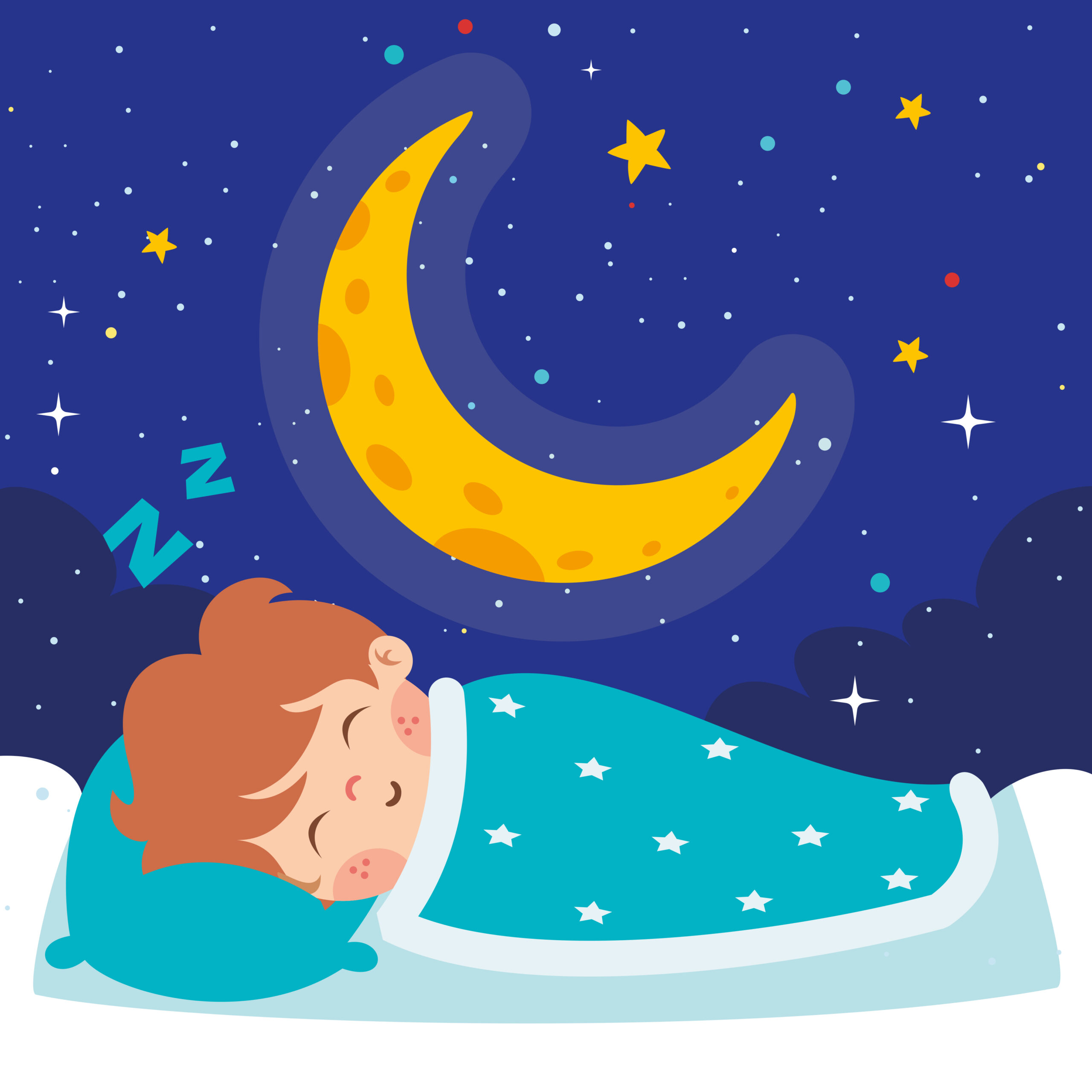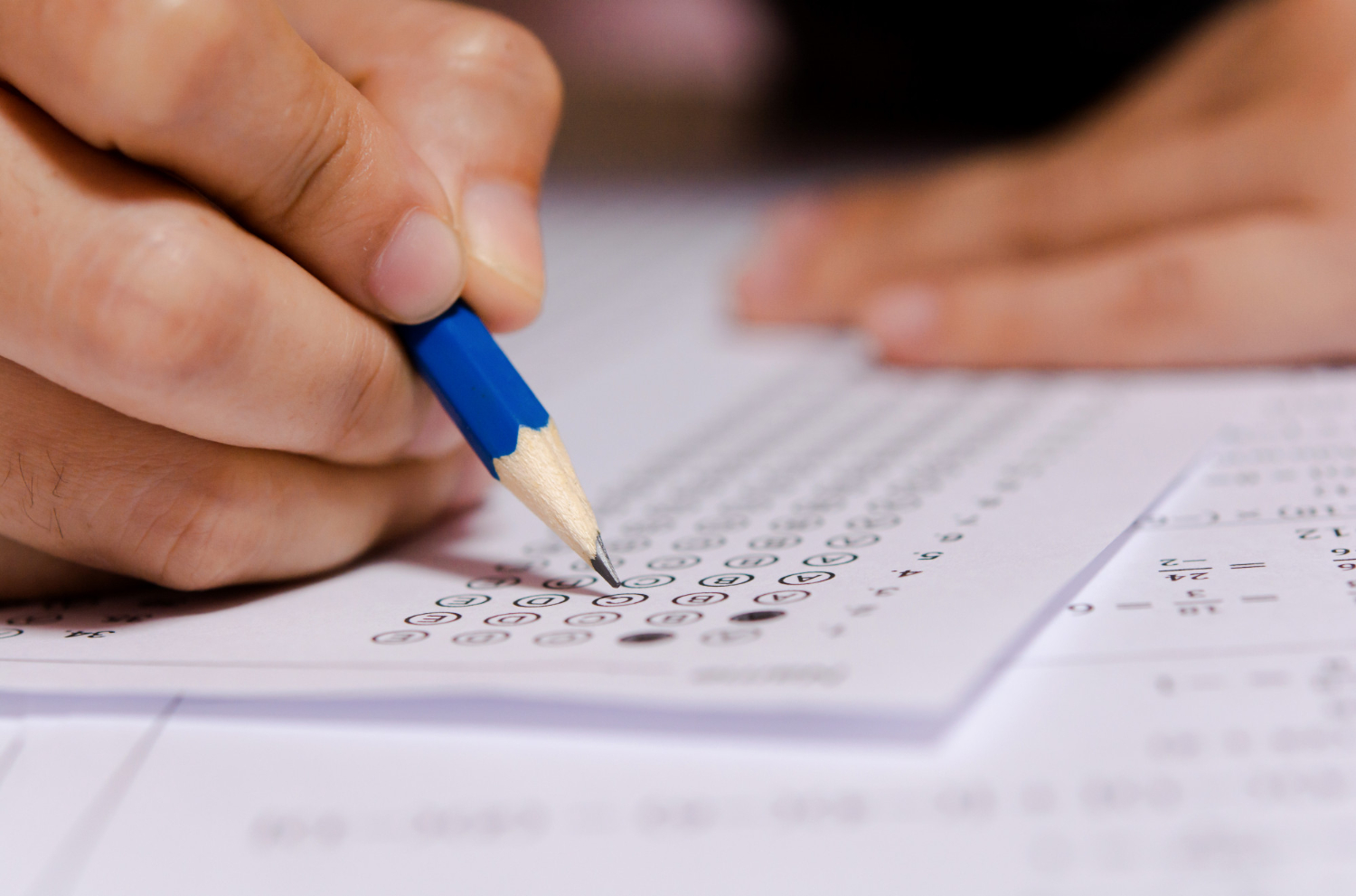Have you ever found yourself counting the tiles on your ceiling, wishing for the sweet embrace of sleep after a long study session? Don’t worry, you are not alone. Many students struggle with sleep issues. Thankfully, there are many strategies you can implement to enhance your sleep quality. Let’s dive into these sleep hacks and discover how to get that all-important rest.
The Importance of Quality Sleep for Students
Before we explore the sleep hacks, it’s essential to understand why good sleep matters. Research has shown that quality sleep is vital for cognitive functions such as memory, attention, and problem-solving. All these are crucial for academic success. Isn’t it fascinating how sleep, or a lack thereof, can play such a vital role in your performance?
Also Read: Importance of Enough Sleep in Middle and High School Students
10 Sleep Hacks for Students to Fall Asleep Faster
As important to a student’s life as attending classes or studying for tests is getting a good night’s sleep. When deadlines and academic pressures are pressing, sleep frequently takes a back seat. Therefore, we’ve put together a list of ten sleep hacks to help you fall asleep faster if you’ve been struggling with restless nights and constant browsing through social media feeds when you should be sleeping.
Establish a Regular Sleep Schedule
Your body thrives on routine. Keeping a consistent sleep and wake schedule will aid your internal body clock in recognising when it’s time to unwind and sleep. Even on weekends or holidays, aim to maintain the same sleeping pattern.
Create a Soothing Pre-sleep Ritual
Before hitting the hay, set up a relaxing routine to signal your brain that it’s time for bed. This could be reading a paperback book (avoiding electronic devices due to blue light), having a warm bath, or practicing a few minutes of mindfulness or meditation.
Bedroom Sanctuary
Turn your bedroom into a sleep sanctuary. Keep the environment dark, cool and quiet. Investing in blackout curtains or an eye mask, using earplugs or a white noise machine can significantly improve your sleep quality.
Mind Your Diet
The food and drink you consume can have a profound impact on your sleep. Avoid caffeine and nicotine close to bedtime, as they can keep you awake. Likewise, don’t go to bed either hungry or overly stuffed, as discomfort might keep you up.
Exercise Regularly
Regular physical activity can help you fall asleep faster and enjoy deeper sleep. However, try not to exercise too close to bedtime, as the energy boost might interfere with your sleep.
Power Naps
Short power naps are beneficial for students to recharge their brain. However, long or frequent naps can disrupt your sleep. Limit naps to 20 minutes in the early afternoon.
No Screen Time Before Bed
The blue light emitted from your phone, computer or TV can interfere with your sleep. Try to turn off these devices at least an hour before bedtime.
Practice Mindfulness or Meditation
Practising mindfulness or meditation before bed can help you relax and reduce stress, making it easier to fall asleep. It encourages the relaxation response, which can aid in sleep readiness.
Limit Fluid Intake
Drinking lots of water is healthy but balance is key. Try to limit your fluid intake in the evening to prevent frequent wake-ups for toilet trips.
Use a Sleep Aid App
There are several sleep aid apps available that play soothing sounds or guide you through sleep-inducing meditations. These can be particularly helpful if you find it challenging to wind down or shut off your thoughts.
Sleep is a non-negotiable aspect of life, particularly for students who are pushing their minds and bodies every day. With these ten sleep hacks, you’re well on your way to better sleep and, consequently, better performance in your academic endeavours. Remember, sleep isn’t a luxury, but a fundamental building block of your health and wellbeing.
Also Read: Top 10 Benefits of Reading Bedtime Stories For Kids
What to do if students have sleep problems
If students are struggling with sleep problems, it’s essential to address these issues as they can significantly impact academic performance, mental health, and overall quality of life. Here are several steps to take:
Speak to a Healthcare Professional: Persistent sleep problems could be a sign of an underlying health issue, such as sleep apnoea, insomnia, or anxiety. If a student is consistently having trouble sleeping, they should consult with a healthcare professional.
Consider a Sleep Study: If the student’s doctor thinks it’s appropriate, they might recommend a sleep study. This test can help diagnose sleep disorders by tracking the student’s brain waves, heartbeat, and breathing as they sleep.
Maintain a Sleep Diary: Encourage the student to keep a sleep diary for a week or two. They should note down what time they go to bed, what time they wake up, any night-time awakenings, and how they feel in the morning. This information can help identify patterns or issues that may be contributing to the sleep problem.
Develop Good Sleep Habits: As outlined in the earlier response, good sleep hygiene can make a big difference in getting better sleep. This includes maintaining a regular sleep schedule, creating a relaxing bedtime routine, and creating a sleep-friendly environment.
Consider Cognitive Behavioural Therapy (CBT): If a student is dealing with insomnia, cognitive behavioural therapy may be recommended. CBT can help them manage the thoughts and behaviours that are preventing them from sleeping well.
Manage Stress: High levels of stress can interfere with sleep. Encourage the student to find healthy ways to manage stress, such as regular exercise, relaxation techniques, or speaking with a counsellor.
Review Medications and Substances: Certain medications can interfere with sleep, as can substances like caffeine and alcohol. If the student is taking any medications, they should discuss this with their healthcare provider.
Education about Sleep: Lastly, the student should be educated about the importance of sleep, the consequences of poor sleep, and the strategies to achieve better sleep. This understanding can motivate them to adopt healthier sleep habits and seek help when needed.
Also Read: Yoga Asanas To Improve Your Kid’s Concentration
Remember, if sleep problems persist despite trying these strategies, it’s essential to consult with a healthcare professional.
At EuroSchool we provide awareness and support to our students about maintaining healthy sleeping habits.










